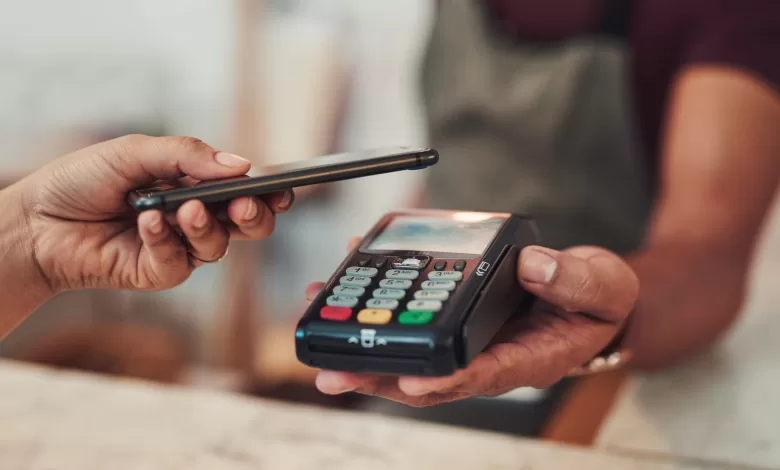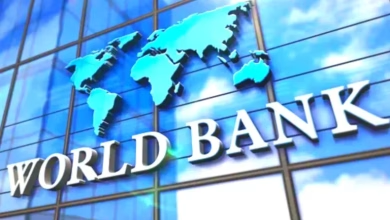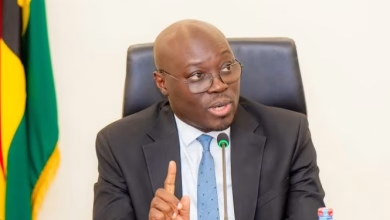Nigeria Suspends Controversial E-Levy After Public Backlash

- The Nigerian House of Representatives has dealt a blow to the Central Bank of Nigeria
- The CBN's directive to financial institutions regarding the levy was deemed confusing by the House.
- This levy, also known as the E-levy, sparked public outcry due to concerns about its impact on Nigerians
The Nigerian House of Representatives has dealt a blow to the Central Bank of Nigeria’s (CBN) plan to introduce a 0.5% cybersecurity levy on electronic transactions.
This levy, also known as the E-levy, sparked public outcry due to concerns about its impact on Nigerians already facing economic hardship.
The CBN’s directive to financial institutions regarding the levy was deemed confusing by the House. They argued the circular contradicted the existing Cybercrime Act, which outlines the entities responsible for paying cybersecurity fees. These entities include telecommunication companies, internet providers, financial institutions, and others, not individual Nigerians.
Lawmakers expressed worries that the CBN’s communication created the impression that ordinary citizens would shoulder the levy burden. This, they argued, would be especially unfair considering recent petrol price hikes.
The House’s decision to suspend the E-levy is seen as a victory for Nigerians who actively voiced their opposition. It highlights the importance of public participation and the government’s willingness to listen to the concerns of its citizens.
While the immediate concern is addressed, the question remains: how will Nigeria address cybersecurity concerns that motivated the E-levy proposal? The government must now find alternative solutions that ensure both financial security and public well-being.






